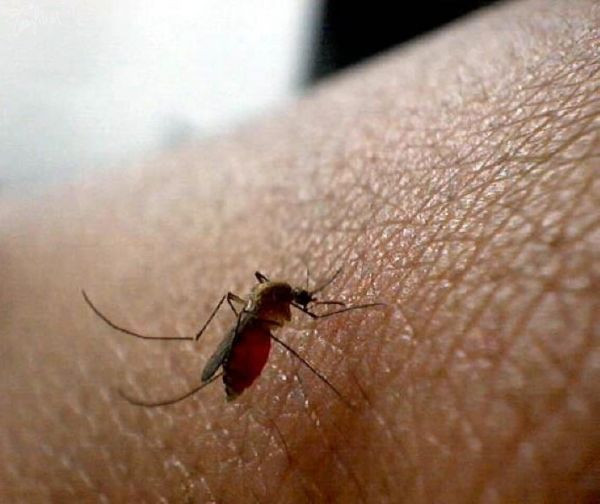World's First Malaria Vaccine Trial a Success

A major clinical trial has shown that an experimental vaccine from GlaxoSmithKline reduced the risk of African children getting malaria.
If the vaccine is effective, it could become the world’s first against the fatal disease.
The first results from an ongoing phase 3 trial of the RTS,S vaccine were successful, as the vaccine reduced the risk of malaria by half in African children ages 5 to 17 months.
GlaxoSmithKline said half the world’s population is at risk of contracting malaria, which is responsible for about 800,000 deaths each year, affecting mostly children under the age of five in sub-Saharan Africa.
The first results of RTS,S were published online today in the New England Journal of Medicine. The results released by GlaxoSmithKline are shown below.
5 to 17 month-old children
The trial was conducted at 11 different trial sites in seven different countries across sub-Saharan Africa. It showed that three doses of RTS,S reduced the risk of children experiencing clinical malaria by 56 percent and severe malaria by 47 percent.
This analysis was performed on data from the 6,000 children aged 5 to 17 months, over a 12-month period following vaccination.
Clinical malaria results in high fevers and chills. It can rapidly develop into severe malaria, typified by serious effects on the blood, brain, or kidneys that can prove fatal. These first Phase III results are in line with those from previous Phase II studies.
The widespread coverage of insecticide-treated bed nets (75 percent) in this study indicated that RTS,S could provide protection in addition to that already offered by existing malaria control interventions.
“The publication of the first results in children aged 5 to 17 months marks an important milestone in the development of RTS,S,” said Tsiri Agbenyega, principal investigator of the trial and Chair of the Clinical Trials Partnership Committee.
“Renewed interest in malaria by the international community, and scientific evidence such as that we are reporting today, should bring new hope that malaria can be controlled.”
6 to 12 week-old infants
The trial is ongoing. Efficacy and safety results in 6 to 12 week-old infants are expected by the end of 2012. These data will provide an understanding of the efficacy profile of the RTS,S malaria vaccine candidate in this age group, for both clinical and severe malaria.
Combined data in 6 to 12 week-old infants and 5 to 17 month-old children
An analysis of severe malaria episodes so far reported in all 15,460 infants and children enrolled in the trial at 6 weeks to 17 months of age has been performed. This analysis showed 35 percent efficacy over a follow-up period ranging between 0 and 22 months (average 11.5 months).
The RTS,S malaria vaccine candidate is still under development and is expected to have the longer-term protective effects by the end of 2014.
“These data bring us to the cusp of having the world’s first malaria vaccine, which has the potential to significantly improve the outlook for children living in malaria endemic regions across Africa,” said Andrew Witty, CEO, GSK.
“GSK remains committed to further research into malaria and most importantly, to ensuring that this vaccine will reach those who need it.”
What does this vaccine do?
The information released by GSK states that, RTS,S based on a protein first identified in the laboratory of Drs. Ruth and Victor Nussenzweig at New York University, aims to trigger the immune system to defend against Plasmodium falciparum malaria parasite when it first enters the human host’s bloodstream and/or when the parasite infects liver cells.
It is designed to prevent the parasite from infecting, maturing and multiplying in the liver, and from re-entering the bloodstream and infecting red blood cells, at which point the affected person would begin to show symptoms of the disease.
The vaccine is being developed in partnership by GSK and the PATH Malaria Vaccine Initiative(MVI) together with prominent African research centers and major funding for clinical development come from a grant by the Bill and Melinda Gates Foundation to MVI. The partners are all represented on the Clinical Trials Partnership Committee.
“A vaccine is the simplest, most cost-effective way to save lives. These results demonstrate the power of working with partners to create a malaria vaccine that has the potential to protect millions of children from this devastating disease,” said Bill Gates, co-chair of the Bill & Melinda Gates Foundation.



























